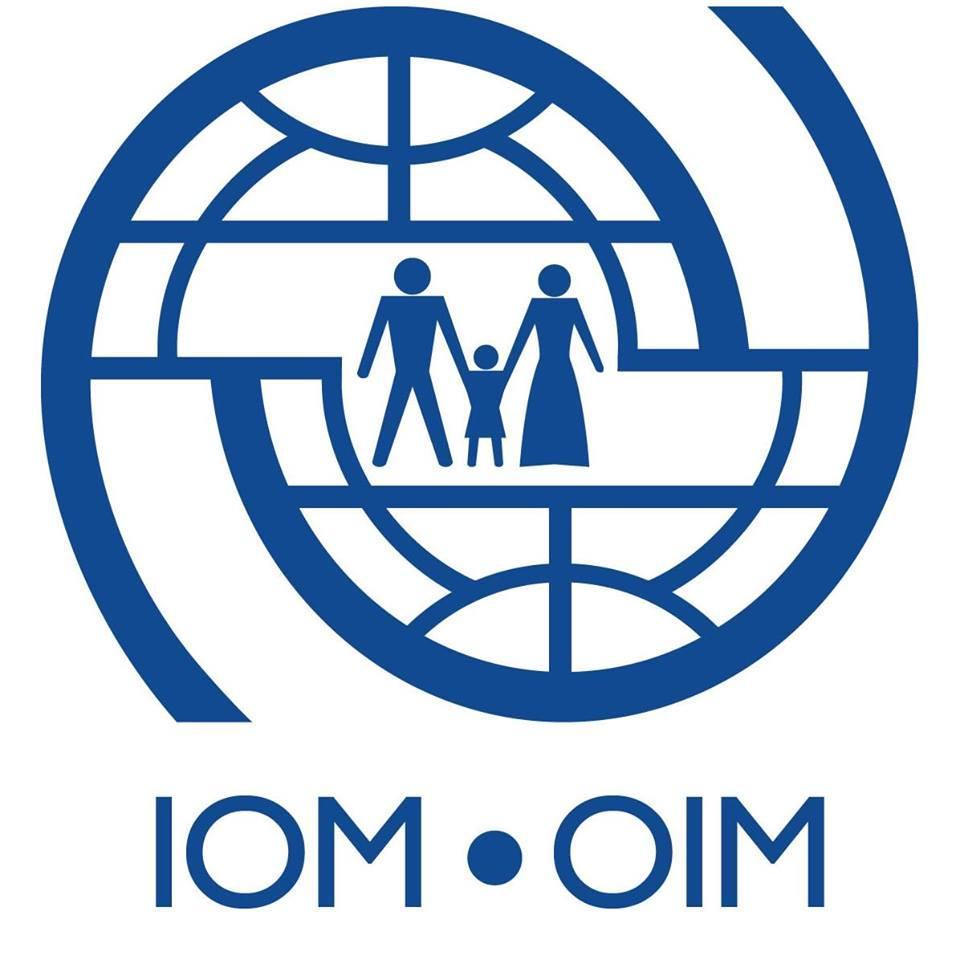
Didier will be a panellist in the discussion “Strengthening Cooperation with Private Sector” during the third session of the symposium. During his address, Didier intends to focus on the importance of collective action in addressing forced labour in global supply chains.
Governments, companies, civil society and religious leaders all believe it is the time to take a stand against forced labour. It is only through a common voice and unified purpose, however, that it will be eradicated. Working together with multi-stakeholder bodies such as the actors involved in the Colombo Process is essential to this global fight. The CGF supports the Colombo Process and looks forward to collaborating and leveraging synergies between the priorities set out in the process, notably that of fostering ethical recruitment, and the CGF Priority Industry Principles through platforms such as the Second Regional Symposium.
About the Colombo Process
The Colombo Process is a Regional Consultative Process on the management of overseas employment and contractual labour for countries of origins in Asia. It is a member state-driven, non-binding and informal forum to facilitate dialogue and cooperation on issues of common interest and concern relating to labour mobility.
The Colombo Process was established in 2003 in response to calls from several Asian labour-sending countries who increasingly recognised the need for optimising the benefits of organised labour migration whilst protecting their migrants from exploitative practices in recruitment and employment.
